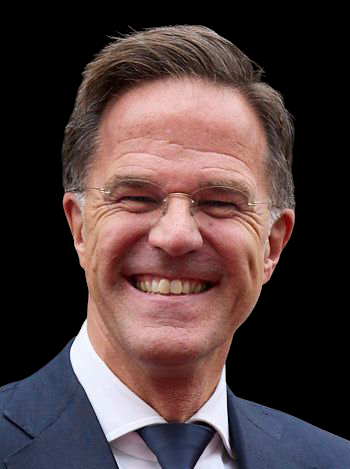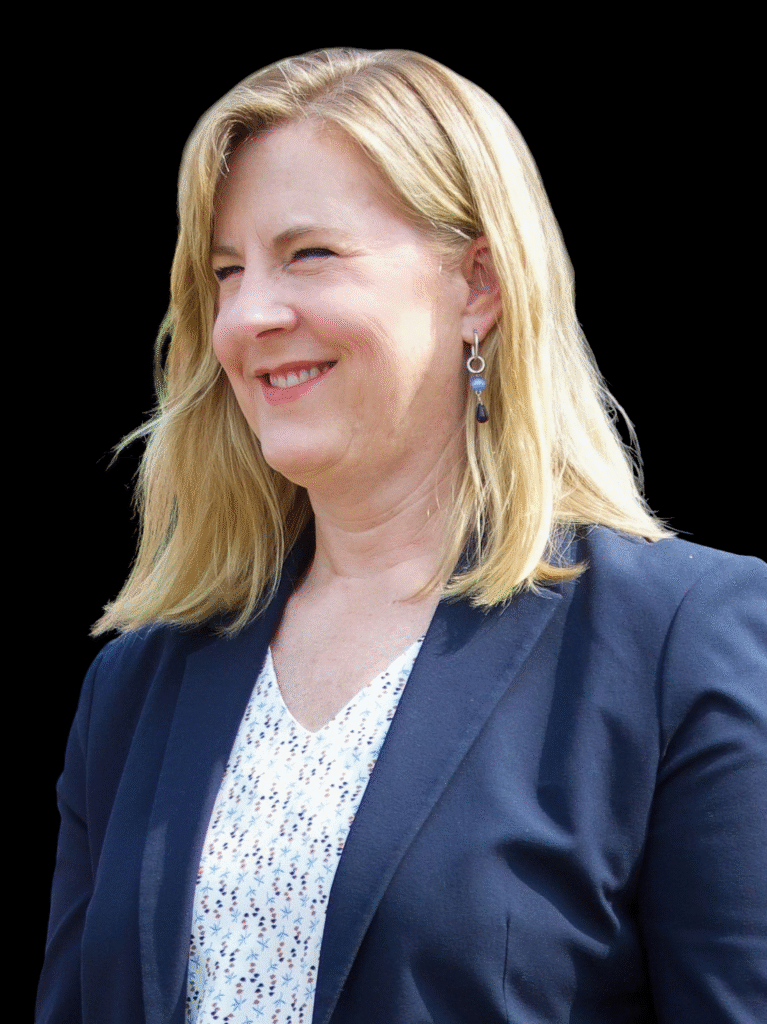Introduction: Why Virginia Matters in 2025

As America marches toward another major election cycle, all eyes are once again on Virginia. Known as a political bellwether with a diverse electorate, Virginia’s primary in 2025 is shaping up to be a significant event on both Democratic and Republican calendars. With its unique blend of urban progressivism and rural conservatism, Virginia has the power to shape narratives—and momentum—for national campaigns.
In this comprehensive article, we’ll explore the 2025 Virginia Primary: its historical context, key issues, top candidates, and what voters can expect from one of the most watched contests in the nation.
A Look Back: Virginia’s Political Landscape
Historical Overview
Virginia’s political transformation over the past two decades is nothing short of remarkable. Once considered a reliably red state, Virginia has gradually become a purple battleground, and more recently, a leaning-blue state in presidential elections. Yet, at the state and local level, Republicans have made substantial comebacks, making every primary fiercely contested.
Key Turning Points
-
2008: Virginia voted for a Democratic presidential candidate (Barack Obama) for the first time since 1964.
-
2017: Democrats gained major ground in the state legislature, fueled by suburban backlash against the Trump administration.
-
2021: Republican Glenn Youngkin won the governorship in an upset, proving the state is still deeply competitive.
These shifts highlight the dynamic nature of Virginia politics—making the 2025 primary crucial for both parties.
What’s on the Ballot in 2025?

The 2025 Virginia Primary will determine party nominees for several high-profile positions:
-
Governor (open seat)
-
Lieutenant Governor
-
Attorney General
-
House of Delegates (100 seats)
-
Various local offices and ballot measures
In Virginia, governors cannot serve consecutive terms, meaning Glenn Youngkin’s term will end in early 2026, leaving the governor’s mansion open—a high-stakes race that is already drawing major attention.
The Democratic Field: A Battle of Ideologies
With a growing base in Northern Virginia and strong support in urban centers like Richmond and Norfolk, Democrats are expected to have a crowded and competitive primary.
Potential Democratic Candidates
-
Jennifer McClellan – Currently serving in Congress, McClellan has deep roots in Virginia’s legislative history and a progressive policy platform.
-
Abigail Spanberger – A moderate Democrat with national security credentials, Spanberger is rumored to be considering a run for governor or attorney general.
-
Levar Stoney – Mayor of Richmond, with a strong connection to grassroots urban voters.
-
Eileen Filler-Corn – Former Speaker of the House of Delegates, representing suburban moderates.
Democratic primary voters will likely choose between establishment figures, progressive voices, and younger candidates hoping to energize new voters.
The Republican Field: Can They Repeat 2021’s Success?

Governor Glenn Youngkin’s unexpected victory in 2021 revived the Virginia GOP. His brand of conservative populism mixed with moderate messaging appealed to rural voters and suburban independents alike.
Possible Republican Contenders
-
Jason Miyares – Current Attorney General, with tough-on-crime messaging and backing from conservatives.
-
Winsome Sears – Lieutenant Governor and a favorite among grassroots Republicans; known for her charismatic presence.
-
Kirk Cox – Former House Speaker and veteran of Virginia’s conservative movement.
-
Amanda Chase – A staunch Trump ally and firebrand conservative; polarizing but energizing to the base.
Republicans in 2025 are expected to double down on education, crime, and parental rights—issues that fueled Youngkin’s success. The primary may serve as a referendum on whether Trump-style politics remain effective in swing states.
Key Issues for Virginia Voters in 2025
1. Education
Education remains a top issue, especially after debates over curriculum, book bans, and parental rights became central in 2021. Republicans will likely campaign on “restoring excellence” in schools, while Democrats focus on teacher pay, equity, and curriculum modernization.
2. Economy and Jobs
Post-pandemic recovery, inflation, and tech-sector layoffs have impacted Northern Virginia. Economic development, small business support, and minimum wage increases are being widely discussed.
3. Abortion Rights
With the end of Roe v. Wade in 2022, state-level control over abortion access is a hot-button issue. Democrats push to protect reproductive rights, while Republicans aim for restrictions with exceptions—a topic that could heavily influence suburban voters.
4. Gun Control
Virginia’s gun laws have tightened in recent years, but the debate remains fierce. Expect contrasting campaigns: Democrats supporting universal background checks and red flag laws, and Republicans promoting Second Amendment protections.
5. Climate and Infrastructure
Virginia’s coastal communities face serious threats from rising sea levels. Green energy investment, transportation infrastructure, and disaster preparedness are all on the table.
Voter Demographics: Who Decides the Primary?
Virginia’s electorate is one of the most diverse and complex in the country. Understanding the voter base is essential to predicting the outcome of any primary.
By Region:
-
Northern Virginia (NoVA): Heavily Democratic, diverse, tech-driven population.
-
Hampton Roads: Mixed political views; large African-American community.
-
Richmond Metro: Leans Democratic; strong youth and activist presence.
-
Southwest Virginia: Deep red; coal-country values dominate.
-
Suburban Counties (e.g., Loudoun, Prince William): Key battlegrounds that can swing either way.
By Demographics:
-
Women Voters: Especially suburban moms—critical swing group.
-
Youth (18-29): Increasing turnout, especially on climate and racial justice.
-
Black Voters: A core part of the Democratic base; turnout efforts vital.
-
White Working-Class Voters: Lean Republican, especially in rural areas.
-
Latino and Asian-American Voters: Fast-growing segments, particularly in NoVA.
Virginia’s Open Primary System: Strategic Voting?
Virginia uses an open primary system, meaning any registered voter can vote in either party’s primary, regardless of party affiliation.
This often leads to crossover voting—especially if one party has a more exciting race than the other. Campaigns must balance appealing to their base while not alienating independent voters who may participate.
Fundraising and Media Strategy
Democrat Strategy:
-
Heavy focus on digital advertising, targeting young and urban voters.
-
Issue-based fundraising around abortion rights, education, and climate.
-
Celebrity endorsements and progressive PAC support likely.
Republican Strategy:
-
Focus on local town halls, direct mail, and Fox News appearances.
-
Parental rights groups and national conservative donors backing key candidates.
-
Messaging around crime, inflation, and school choice.
The Role of Endorsements
In Virginia, endorsements from state senators, former governors, unions, or law enforcement associations can influence voter behavior.
Expected High-Impact Endorsements:
-
Former Governors like Terry McAuliffe (Dem) or Bob McDonnell (GOP).
-
Key unions (teachers, police, and health care workers).
-
Media endorsements from major papers like The Washington Post or The Richmond Times-Dispatch.
Technology and the Ballot: Digital Voting and Access
Virginia has improved voting access significantly since 2020, with early voting, mail-in ballots, and expanded drop-off centers.
In 2025, expect:
-
Improved mobile voting guides and sample ballots.
-
AI-powered tools for voter education.
-
Emphasis on cybersecurity and misinformation prevention.
Both parties are likely to invest heavily in data analytics to track voter sentiment and micro-target ads.
Election Integrity and Legal Challenges
Post-2020, election integrity remains a controversial issue. Virginia has implemented strict chain-of-custody protocols, bipartisan observer programs, and updated vote-counting machines.
Still, expect legal teams from both parties to be prepared for recounts, audits, or disputes, especially in close races.
Timeline: Key Dates for Virginia Primary 2025
-
Candidate Filing Deadline: Mid-March 2025
-
Early Voting Begins: Late April 2025
-
Primary Election Day: Tentatively June 10, 2025
-
Certification of Results: Within 2 weeks post-election
(Note: Dates are subject to confirmation by the Virginia State Board of Elections.)
Conclusion: Virginia Sets the Stage for 2026 and Beyond
The Virginia Primary 2025 is more than a state contest—it’s a national litmus test. With wide-reaching implications for both parties, the races for governor, attorney general, and House of Delegates will shape the political terrain heading into 2026’s Congressional and Senate races.
Whether you’re a voter, a campaign strategist, or a political junkie, Virginia’s upcoming primary is one to watch closely.





